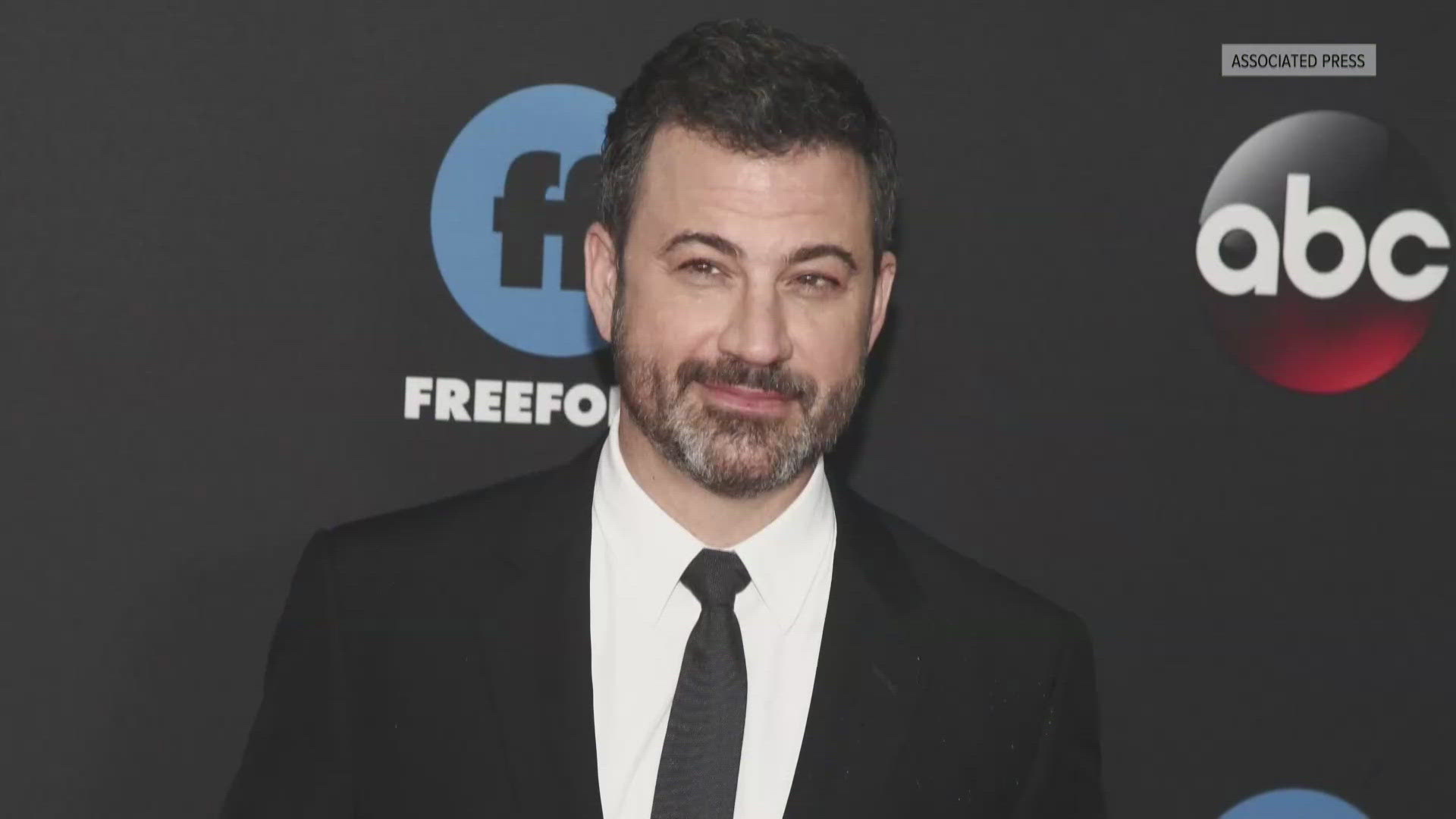Rapper Sean Kingston Sentenced to 3.5 Years in Federal Prison for Luxury Fraud Scheme Exceeding $1 Million
Jamaican-American rapper Sean Kingston, best known for chart-topping hits like Beautiful Girls, Fire Burning, and Eenie Meenie featuring Justin Bieber, has been sentenced to three and a half years in federal prison after being convicted in a wide-ranging multi-million dollar fraud scheme. The scheme, which involved his mother, Janice Turner, revolved around defrauding businesses and individuals out of high-end luxury goods through fake payment confirmations.
Sean Kingston court case
Sean Kingston, whose real name is Kisean Anderson, was found guilty earlier this year in a federal wire fraud case involving the fraudulent acquisition of over $1 million in luxury merchandise. Prosecutors alleged that Kingston and his mother used his celebrity profile to manipulate victims into providing high-value goods, such as luxury watches, custom furniture, a 232-inch LED television, a bulletproof Cadillac Escalade, and other expensive items.
Rather than paying for the merchandise as agreed, Kingston and his mother reportedly provided forged wire transfer receipts to sellers—false documents that appeared to confirm payment had been made when, in fact, no funds had ever been transferred.
Before his sentencing, Kingston appeared in court and expressed remorse for his actions. According to U.S. media coverage, the artist apologized and stated that he had “learned a valuable lesson” from the case.
Celebrity Status Exploited in Elaborate Fraud Scheme
Prosecutors revealed that Kingston often used his social media presence and celebrity connections to attract luxury vendors. He would reach out to individuals and businesses online, express interest in their high-end products, and invite them to meet at his South Florida homes. As part of his pitch, Kingston frequently offered promotional exposure—promising to showcase the items on his social media channels or recommend them to other high-profile celebrities.
However, once the goods were delivered, Kingston and his mother failed to make the actual payments. In many cases, they sent fake receipts purporting to show wire transfers that never happened. According to the Department of Justice, some victims were eventually compensated—but often only after legal action or law enforcement intervention.
Text Messages and Raids Played Key Role in Investigation
A crucial piece of evidence presented during the trial was a set of text messages between Kingston and his mother. In one notable message, Sean Kingston instructed her to forge a payment document, writing, “I told you to make a fake receipt.” These communications reinforced prosecutors’ claims that the fraud was deliberate and coordinated.
Sean Kingston was arrested in California in 2024 while preparing to perform at a U.S. Army base in the Mojave Desert. His arrest followed a high-profile federal raid on his Fort Lauderdale mansion, during which his mother was also taken into custody.
Janice Turner, his mother and alleged accomplice, was sentenced separately in July 2025 to five years in federal prison for her role in the scheme.
Defense Cites Fame, Youth, and Lack of Business Knowledge
During sentencing, Kingston’s defense attorney, Zeljka Bozanic, portrayed the artist as someone overwhelmed by early fame. Bozanic argued that Kingston “was a soft-hearted young man who came from poverty and suddenly found himself famous overnight.” He added that Kingston lacked the maturity or financial literacy to manage his business affairs and was taken advantage of by people around him.
Despite the defense’s appeal for leniency, the court ordered that Kingston begin serving his prison term immediately.
A Stunning Fall for a Once-Rising Star
The case marks a dramatic fall from grace for Sean Kingston, who once dominated the pop and R&B charts and was seen as one of music’s brightest young talents in the late 2000s and early 2010s. His legal troubles now place him among a growing list of celebrities embroiled in federal fraud investigations, raising broader questions about financial oversight and accountability in the entertainment industry.
Kingston’s sentencing sends a strong message that celebrity status does not place individuals above the law—and that exploiting fame for personal financial gain can carry serious legal consequences.


